As direct descendants of ancient bacteria, mitochondria have always been a little alien.
Columbia University Irving Medical CenterAug 22 2024 Mitochondria in our brain cells frequently fling their DNA into the nucleus, the study found, where the DNA becomes integrated into the cells' chromosomes. And these insertions may be causing harm: Among the study's nearly 1,200 participants, those with more mitochondrial DNA insertions in their brain cells were more likely to die earlier than those with fewer insertions.
In the past few decades, researchers discovered that mitochondrial DNA has occasionally "jumped" out of the organelle and into human chromosomes. "Jumping mitochondrial DNA is not something that only happened in the distant past," says Kalpita Karan, a postdoc in the Picard lab who conducted the research with Weichen Zhou, a research investigator in the Mills lab. "It's rare, but a new NUMT becomes integrated into the human genome about once in every 4,000 births. This is one of many ways, conserved from yeast to humans, by which mitochondria talk to nuclear genes.
Their analysis showed that nuclear mitochondrial DNA insertion happens in the human brain-;mostly in the prefrontal cortex-;and likely several times over during a person's lifespan.
DNA Mitochondria Aging Bacteria Behavioral Medicine Blood Cell Cortex Genes Genome Laboratory Medicine Organelle Research Stress Virus
Sverige Senaste nytt, Sverige Rubriker
Similar News:Du kan också läsa nyheter som liknar den här som vi har samlat in från andra nyhetskällor.
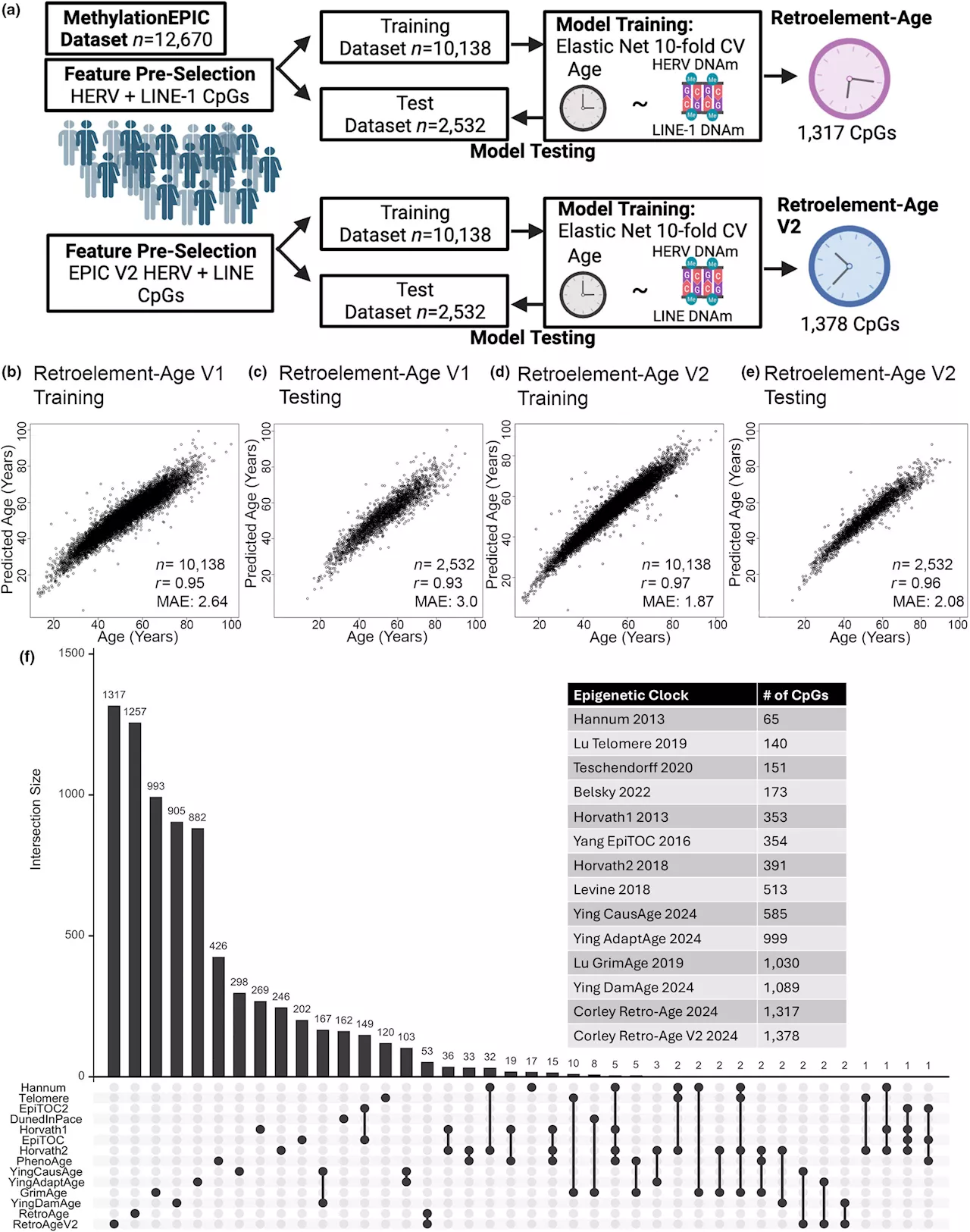 Study finds potential link between DNA markers and aging processResearchers at Weill Cornell Medicine and the epigenetics company TruDiagnostic have uncovered DNA markers associated with retroelements, remnants of ancient viral genetic material in our genes that act as highly accurate epigenetic clocks predicting chronological age.
Study finds potential link between DNA markers and aging processResearchers at Weill Cornell Medicine and the epigenetics company TruDiagnostic have uncovered DNA markers associated with retroelements, remnants of ancient viral genetic material in our genes that act as highly accurate epigenetic clocks predicting chronological age.
Läs mer »
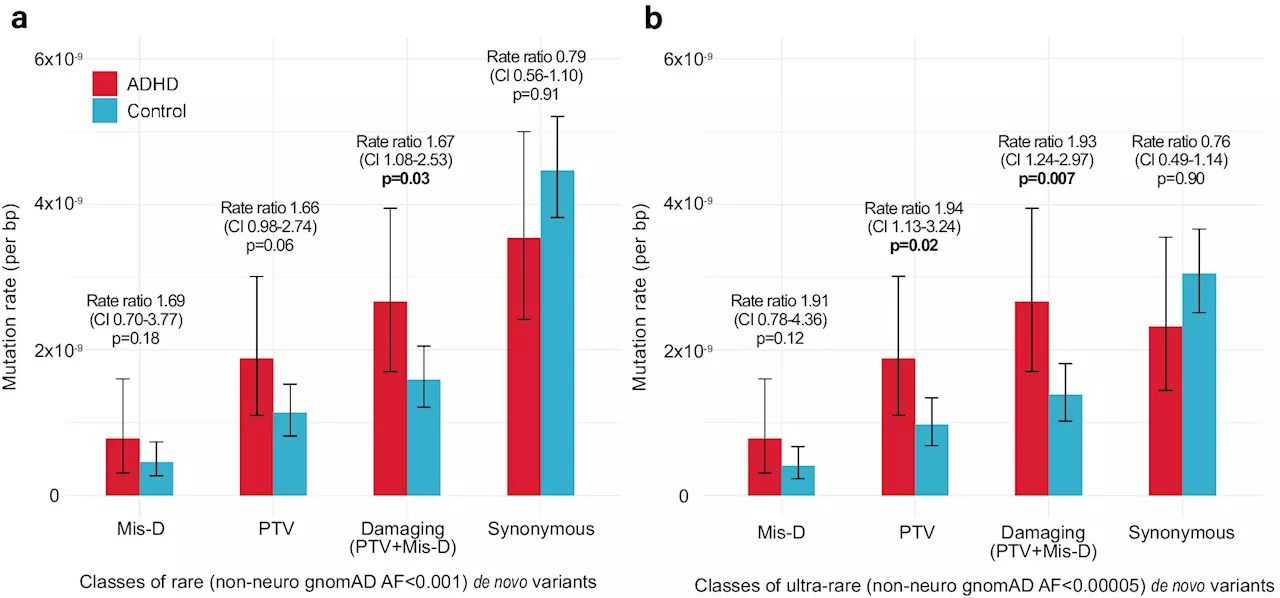 ADHD and DNA: International study sheds light on geneticsRare genetic changes that are spontaneous—and not inherited from parents—may contribute to the underpinnings of attention-deficit/hyperactivity disorder (ADHD), according to a new study from Yale School of Medicine.
ADHD and DNA: International study sheds light on geneticsRare genetic changes that are spontaneous—and not inherited from parents—may contribute to the underpinnings of attention-deficit/hyperactivity disorder (ADHD), according to a new study from Yale School of Medicine.
Läs mer »
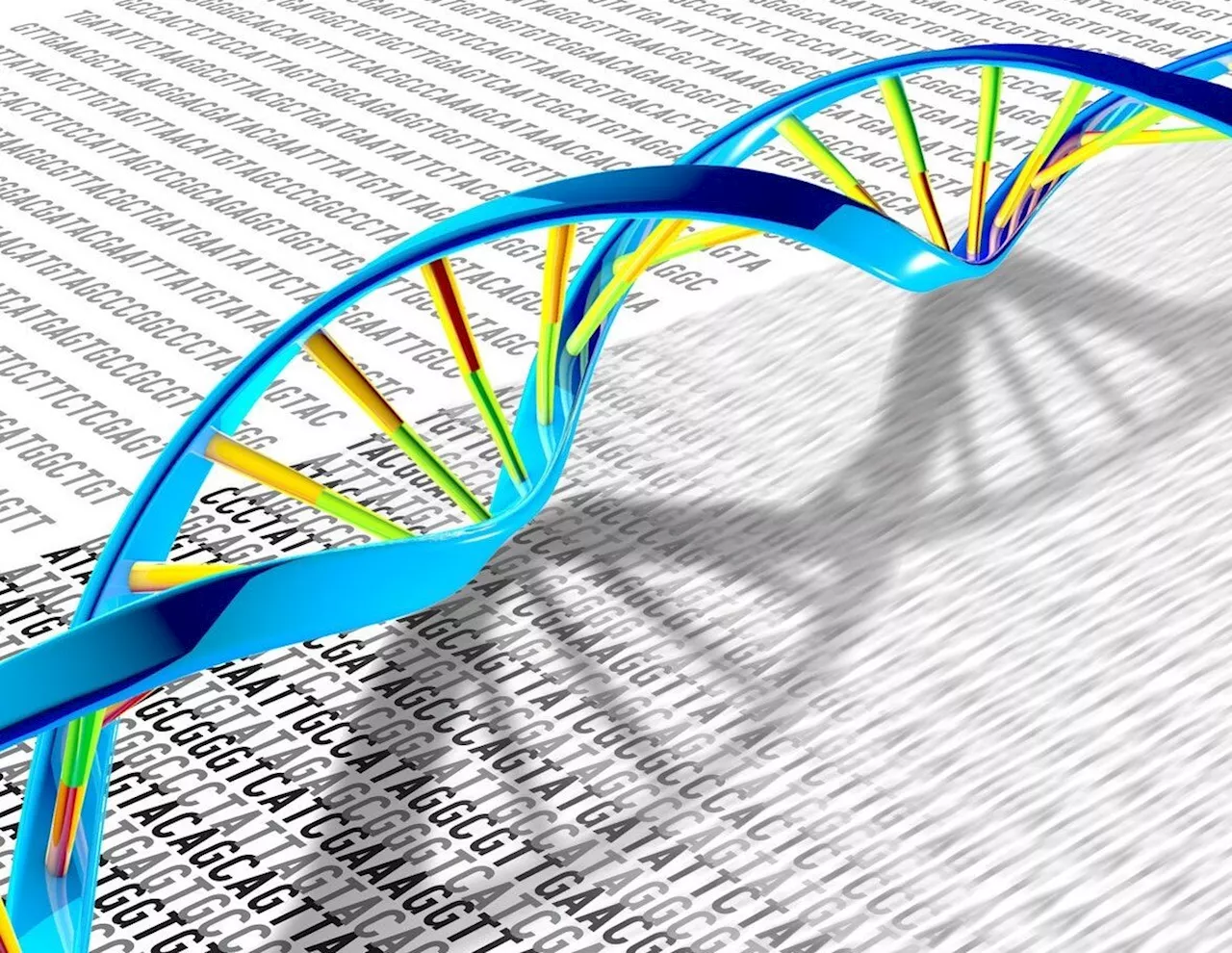 Epigenetic change to DNA associated with cancer risk in 'multi-omics' studyA research team co-led by investigators at Vanderbilt University Medical Center and the University of Virginia has identified associations between DNA methylation and cancer risk. DNA methylation is an epigenetic change—the addition of 'methyl groups' to DNA—that can affect gene expression without changing the DNA sequence.
Epigenetic change to DNA associated with cancer risk in 'multi-omics' studyA research team co-led by investigators at Vanderbilt University Medical Center and the University of Virginia has identified associations between DNA methylation and cancer risk. DNA methylation is an epigenetic change—the addition of 'methyl groups' to DNA—that can affect gene expression without changing the DNA sequence.
Läs mer »
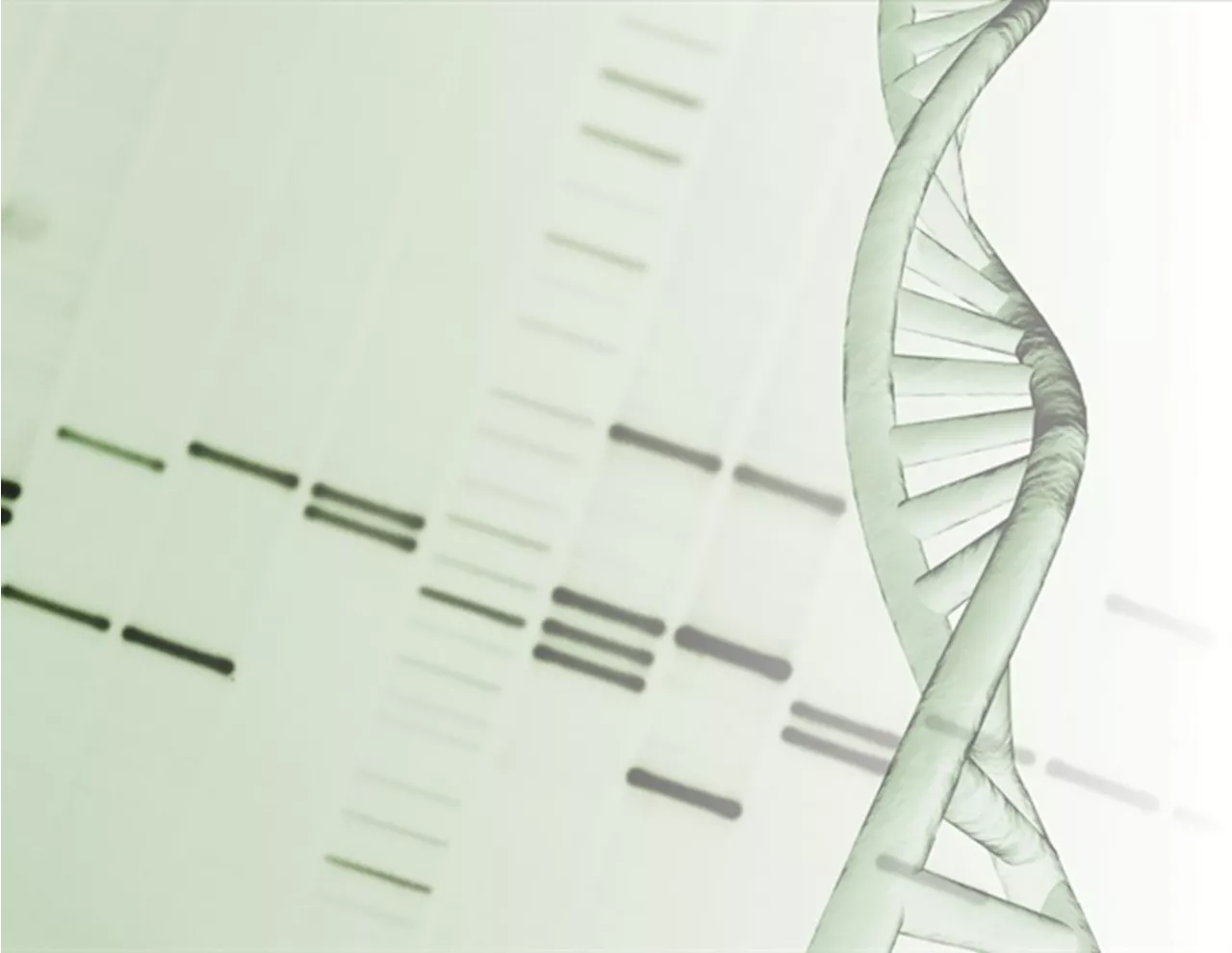 Breakthrough study uncovers TIP60’s role in DNA access and disease mechanismsTo transcribe the information contained in our genes or to repair the dozens of breaks that occur daily in our DNA, our enzymes must be able to directly access the DNA to perform their functions.
Breakthrough study uncovers TIP60’s role in DNA access and disease mechanismsTo transcribe the information contained in our genes or to repair the dozens of breaks that occur daily in our DNA, our enzymes must be able to directly access the DNA to perform their functions.
Läs mer »
 Breakthrough study highlights ATM activation by DNA single-strand breaksNew research from a team of genome scientists and DNA damage response experts breaks new ground in understanding the function of a protein currently limited in clinical trials for cancer treatments.
Breakthrough study highlights ATM activation by DNA single-strand breaksNew research from a team of genome scientists and DNA damage response experts breaks new ground in understanding the function of a protein currently limited in clinical trials for cancer treatments.
Läs mer »
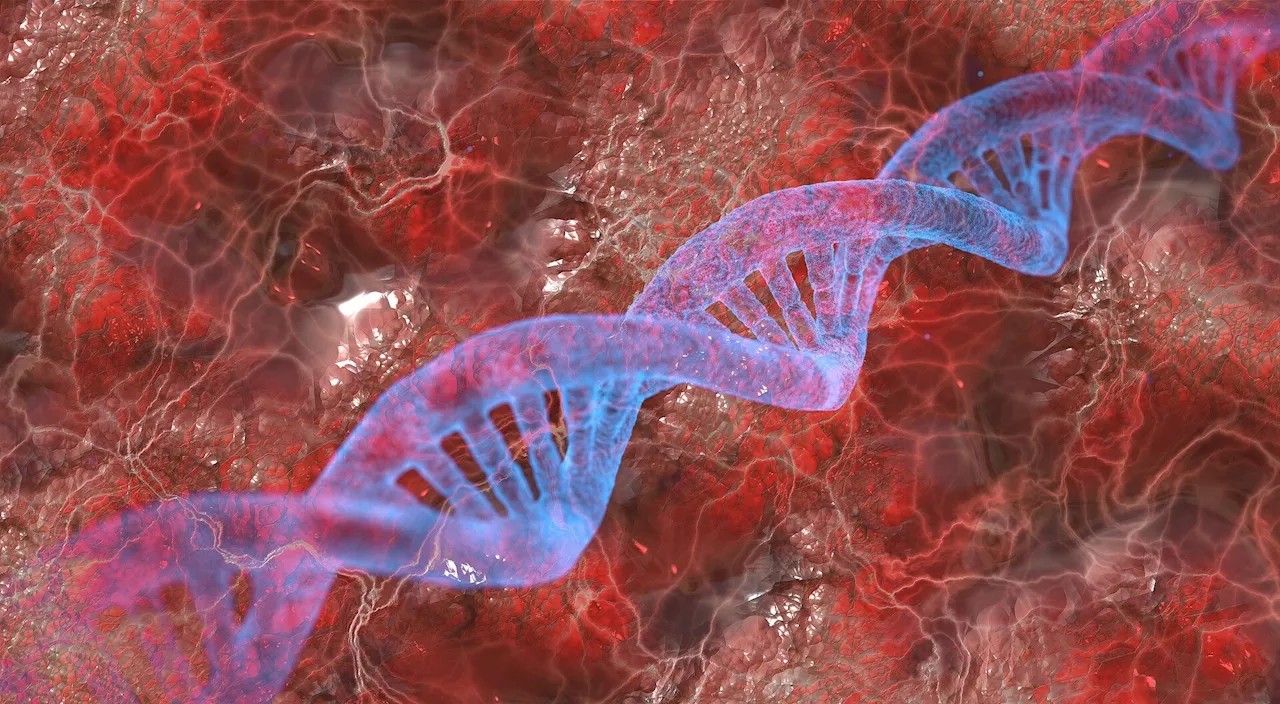 Study links sequence variants to DNA methylation and diseasesA new study by scientists at deCODE Genetics shows that sequence variants drive the correlation between DNA methylation and gene expression. The same variants are linked to various diseases and other human traits.
Study links sequence variants to DNA methylation and diseasesA new study by scientists at deCODE Genetics shows that sequence variants drive the correlation between DNA methylation and gene expression. The same variants are linked to various diseases and other human traits.
Läs mer »
